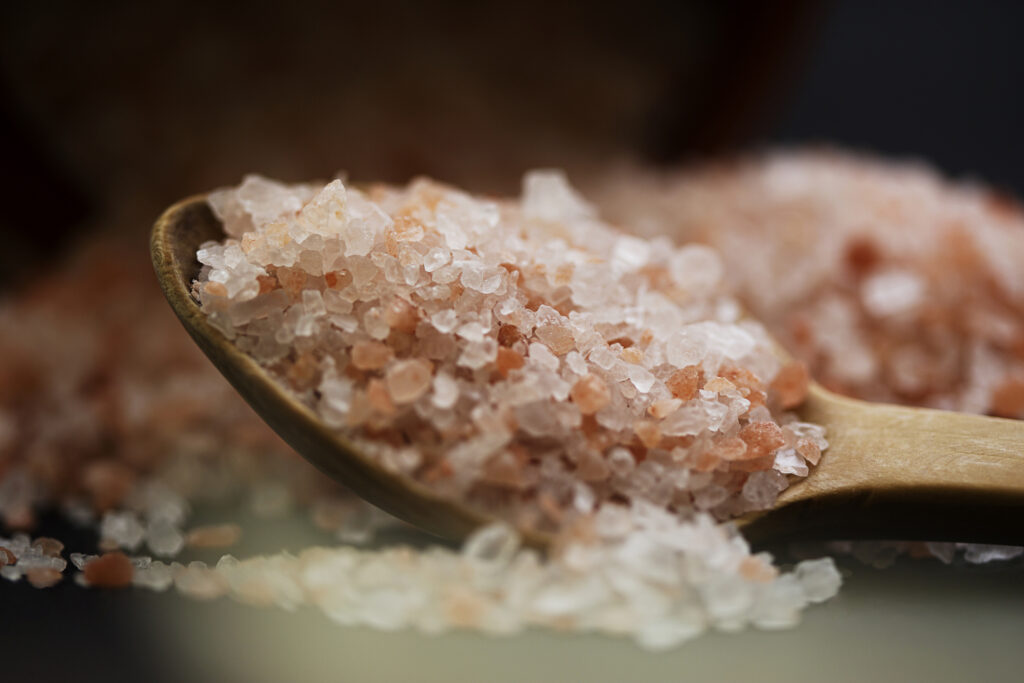Sea salt is a popular type of salt that is derived from the evaporation of seawater. It has been used for centuries for its flavor-enhancing properties and is known for its distinct taste and texture. In this comprehensive guide, we will explore the uses, benefits, and potential downsides of sea salt.
Uses of Sea Salt:
Sea salt is a versatile ingredient that can be used in various culinary applications. It is commonly used as a seasoning in cooking, baking, and food preservation. Sea salt can add flavor to dishes, enhance the taste of vegetables and meats, and provide a finishing touch to desserts. Additionally, sea salt can be used to make brines for pickling, curing meats, and creating salt crusts for baking fish or vegetables.
Benefits of Sea Salt:
- Mineral Content: Sea salt contains a variety of minerals, including magnesium, calcium, potassium, and trace elements. These minerals can contribute to overall health and play essential roles in various bodily functions, such as nerve function, muscle contraction, and maintaining electrolyte balance.
- Flavor Enhancement: Sea salt has a unique flavor profile that can enhance the taste of food. Its larger crystals and distinct mineral composition can provide a more complex and nuanced flavor compared to table salt. Many chefs and culinary enthusiasts prefer using sea salt for its flavor-enhancing qualities.
- Hydration Support: Sea salt can help promote hydration by replenishing electrolytes in the body. Electrolytes are essential for maintaining fluid balance and supporting proper hydration levels. Including a small amount of sea salt in your diet, especially during periods of increased physical activity or hot weather, can be beneficial.
- Skin Health: Sea salt is often used in skincare products for its potential benefits to the skin. Bathing in sea salt-infused water or using sea salt scrubs can help exfoliate the skin, remove dead skin cells, and promote a healthy and vibrant complexion. It may also have soothing properties for skin conditions like eczema or psoriasis.
- Respiratory Health: Inhalation of saltwater mist, also known as salt therapy or halotherapy, has been used to support respiratory health. Breathing in the tiny salt particles from sea salt can help thin mucus, reduce inflammation, and improve symptoms of respiratory conditions such as asthma, allergies, and bronchitis.
Downsides of Sea Salt:
- Sodium Content: Like any other salt, sea salt is primarily composed of sodium chloride. Excessive intake of sodium can contribute to high blood pressure, fluid retention, and other cardiovascular issues. It’s important to consume sea salt in moderation and be mindful of your overall sodium intake from other sources in your diet.
- Trace Contaminants: Sea salt may contain trace amounts of contaminants found in seawater, such as heavy metals or microplastics. While the levels are generally low and considered safe for consumption, individuals with specific health concerns or sensitivities may choose to opt for purified salt options.
- Iodine Deficiency: Unlike iodized table salt, sea salt is generally not fortified with iodine. Iodine is an essential mineral for thyroid function and overall health. If you primarily use sea salt and do not consume other sources of iodine, you may be at risk of iodine deficiency. It’s important to ensure adequate iodine intake through other dietary sources or consider iodine supplementation if needed.
- Cost: Sea salt, especially artisanal or gourmet varieties, can be more expensive compared to regular table salt. If cost is a concern, it’s worth considering the balance between the potential benefits and the budget.
In conclusion, sea salt can be a flavorful and versatile addition to your culinary repertoire. It offers various potential benefits, including its mineral content, flavor enhancement, hydration support, and potential skincare benefits. However, it’s important to be mindful of sodium intake, consider other sources of iodine, and be aware of any potential trace contaminants. As with any dietary component, moderation is key, and individual preferences and health considerations should be taken into account when incorporating sea salt into your diet.
Beyond her work in psychology, she excels as a Market Insights Consultant, leveraging her analytical skills to decode consumer behavior and industry trends. Her unique blend of talents allows her to offer businesses strategic guidance that goes beyond conventional market analysis. Carol Herzog's profound insights, both in psychology and market dynamics, make her an influential figure in the fields of mental health, literature, and business consultancy.
- Cheers to Flavorful Bliss: My Melo THC Beverage Adventure! - April 23, 2024
- Dr. Laura Geige Explores Profhilo: Insights and Discussion - April 4, 2024
- Lip Fillers, Botox, Dermal Fillers, Anti-Wrinkle Injections in Barnes Bridge SW13 - March 26, 2024











